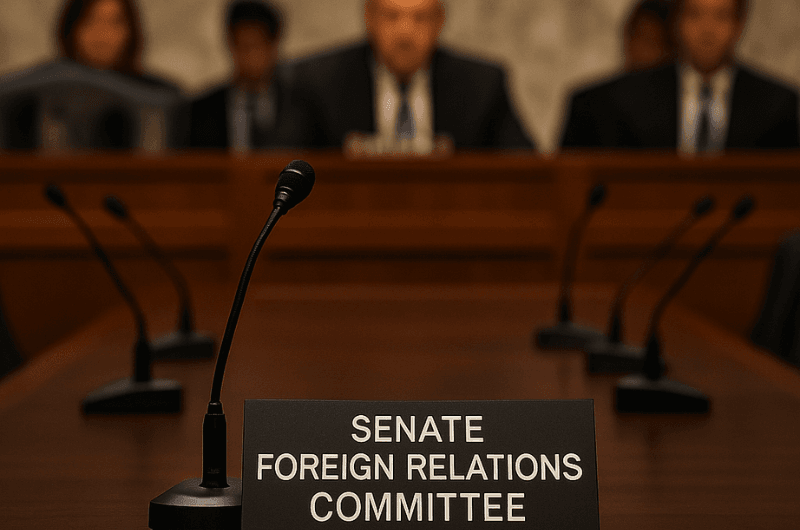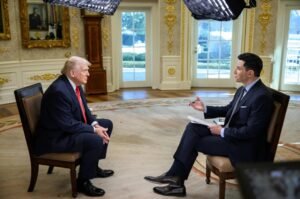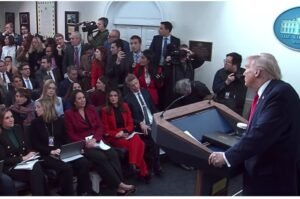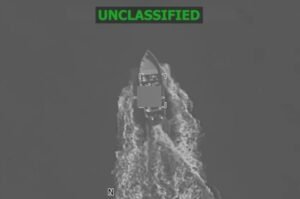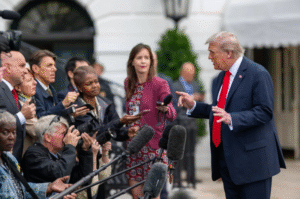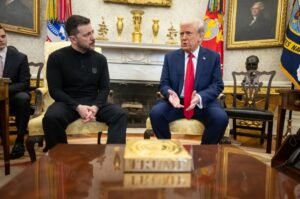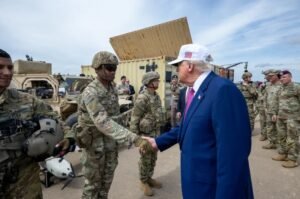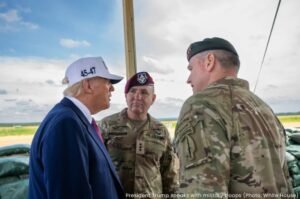The stealth bombers may have left Iran’s skies, but the political fallout is just beginning to hit Washington.
President Trump’s overnight strike on three of Iran’s nuclear sites has thrown the U.S. into the heart of the Middle East’s most volatile conflict in decades—and he did it without Congressional approval. That fact is already lighting a fire on Capitol Hill, with lawmakers from both parties demanding to know: is America at war, and if so, who exactly gave the green light?
Trump defended the decision this morning, calling it a “limited strategic operation” necessary to “neutralize imminent nuclear threats.” But critics argue the president sidestepped the War Powers Resolution, raising constitutional alarms and triggering calls for immediate hearings.
House Minority Leader Jim Harlan (D-NY) warned, “No president gets to start a war on his own.” Even some Republicans are cautious, calling the strike “bold, but legally shaky.”
The timing couldn’t be more politically charged. With just over a year until the 2026 elections, Trump’s show of force may energize his base—but it also revives long-simmering questions about unchecked executive power and the thin line between military action and war.
Lawmakers Left in the Dark—Again
Several members of the Senate Foreign Relations Committee admitted they weren’t briefed beforehand. That silence, critics say, signals not just secrecy—but possibly an erosion of civilian oversight in matters of war.
Meanwhile, Democratic leaders are demanding a closed-door intelligence briefing and a formal War Powers notification, as required by law. Whether they get it — or whether the White House doubles down on secrecy — could set the tone for the next legislative standoff.
Both the House and Senate play a constitutional role when it comes to military action. The War Powers Resolution requires the president to notify Congress within 48 hours of deploying U.S. forces, and gives lawmakers the authority to weigh in, call for briefings, or limit continued involvement. While the Senate often leads public discussions on foreign policy, the House shares in the responsibility to ensure proper oversight.
What’s Really at Stake
This isn’t just about Iran. It’s about the limits of presidential power, the role of Congress, and the uneasy truth that the United States may now be at war—without ever voting for one.
Related:
U.S. Enters Iran-Israel War with Direct Strike on Nuclear Sites
The Author

Ellis Grant
Staff Writer, Readovia


